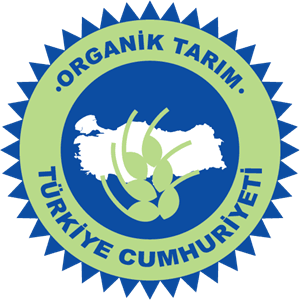
Organic is a controlled and certified agriculture and production method without using chemical inputs.
The purpose of ecological agriculture is to protect the environment, plant, animal and human health without polluting the soil, water resources and air.
Organic is scientific and legal concept.
Marketing of a product with expressions such as "natural, additive-free, hormone-free, pure, village product, from the farm, homemade, healthy" does not mean that it is organic.
The organic food products in Ekoorganik Organic Store are in line with the European Union Organic Agriculture Legislation, and produced in accordance with the Organic Agriculture Law and Regulation of Turkish Republic and has been certified by the Organic Certification Bodies authorized by the Ministry of Agriculture, after being inspected by laboratory analyzes.
|
|
|
|
|
|
| |